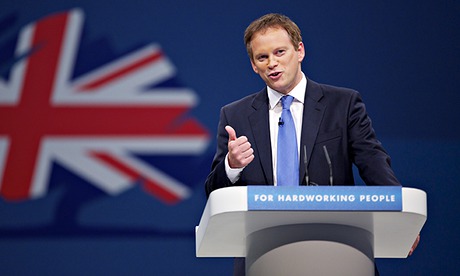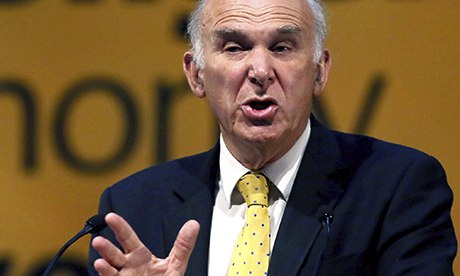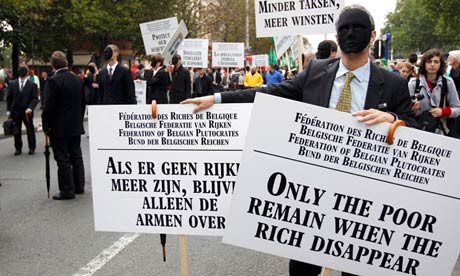'Workers' party' will be used to describe Conservatives as David Cameron tries to rid Tories of their image as guardians of rich

Conservative party chairman Grant Shapps will say: "The Conservatives are the Workers’ party and we are on your side.” Photograph: Christopher Thomond
They are two words David Cameron's ancestors would more often have put together to describe a summer shindig for the employees on their estates.
But the words "Workers' party" will now be used to describe the Conservatives as Cameron tries to rid the Tories of their image as the guardians of the rich.
Grant Shapps, the party chairman, will stand alongside Sir John Major, the former champion of the "classless society", to announce that the Tories are now determined to show they want to spread – and not defend – privilege.
Speaking at the new Conservative campaign headquarters, the Tory chairman will say: "The Conservatives are the Workers' party and we are on your side."
The name of the Workers' party has a long, if less than noble, history. It was the moniker taken by former supporters of the Official IRA, which split from the Provisional IRA in 1969, when they broke from paramilitarism in the 1970s. Provisionals refer to the Officials as "stickies".
There is also the Trotskyist Socialist Workers' party, which rails against capitalism in the west and used to campaign against the "state capitalism" of the USSR.
The Tories are depicting themselves as the Workers' Party as they try to reach out to blue collar workers. Tory strategists believe that the only way to win a majority, by increasing the party's vote in the north of England and in the Midlands, is by reaching out to voters who may see the Conservatives as the party of the rich – hence the repositioning exercise.
Shapps has decided to go some way to accepting a proposal by the campaigning backbench MP Robert Halfon for the Tories to rename themselves the Workers' party. In a Sun article, Halfon said the party should replace its green oak tree logo with a ladder.
The Tory chairman will keep the party's name but will then describe the Conservatives in the next breath as the "Workers' party".
In his speech, extracts of which were released to the Daily Mail, Shapps will say: "Sir John Major campaigned for what he called a 'classless society, and I would argue this is the society we are fighting for in government today: a Britain where it doesn't matter who your parents are, where you can go as far as your talents and hard work will take you, and where work – rather than benefits – is what pays."
In a sign of the impact of the Tories' general election campaign chief Lynton Crosby, Shapps will release a five point pledge card modelled on the New Labour pledge card of 1997 which sets out the ideas for Britain's "long term economic plan".
The pledges, released to the Daily Mail, are: reducing the deficit, cutting income tax and freezing fuel duty, backing small business to create more jobs, capping welfare and reducing immigration; and delivering the best schools.
Shapps will say of Major: "Imagine a young kid growing up in inner city London – just a few miles from here. His mum and dad are working, but not very rich, trying to pay the bills.
"This young man was not particularly academic. He quit school at 16 and struggled to get on. So let me ask you something: what did the Conservative Party have to offer someone like that? I'll tell you. That young man's name is John Major, and the Conservative Party made him Prime Minister … His life is a symbol of our party. It shows whose side we are on."
The remarks by the Tory chair came as Downing Street did little to distance itself from a report in the Daily Telegraph that Cameron will give an undertaking during the general election campaign not to enter into another coalition even if he falls short of an overall majority. A No 10 source said: "The prime minister has made clear he is going all out for a Conservative majority."






